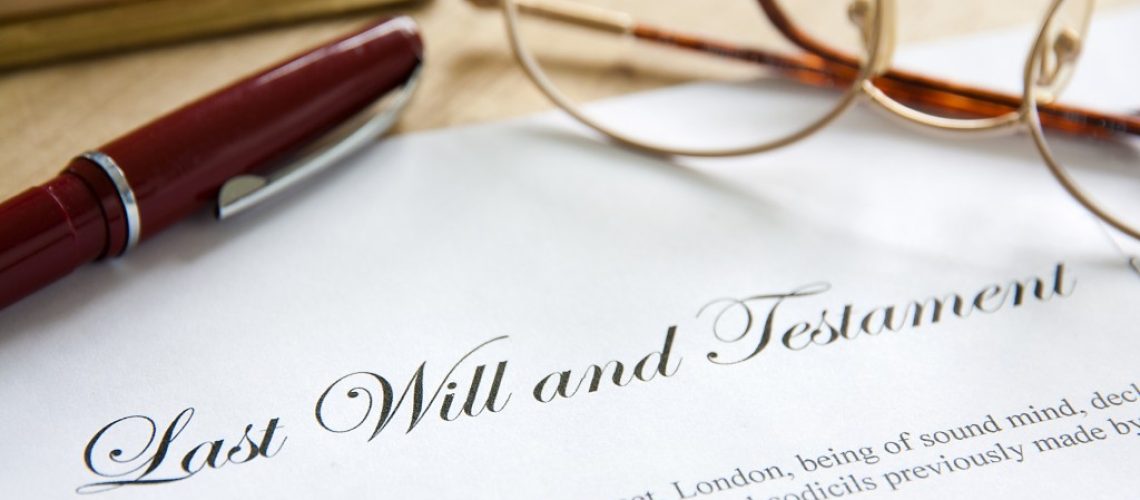When planning for the future, you need to plan what happens after your death too. Doing this helps you achieve peace of mind and focus on saying important goodbyes instead of worrying about who gets who. It also saves your family from complicated financial and legal issues after you pass. Whether you have an estate or a humble one-story home, it’s still crucial for you to have a plan in place in the event of your passing to make it easier for your loved ones and give you peace of mind.
Here’s everything you need to consider regarding death when planning for the future.
Outline the Memorial Service.
If you’re looking to have something specific to happen during your memorial or funeral service, bring those thoughts into a written form to ensure you pass away without any issues. It also saves your family from the headache and stress of planning, ensuring you get what you want. For instance, if you wish to have a burial service, you’ll need to find a grave plot and a tombstone. Meanwhile, if you’re looking to get cremated, you’ll need to work with a funeral director.
Write a Will.
A last will decide the fate of your hard-earned properties, trusts, and other valuable assets. It will also indicate the person you want to put in charge of carrying out the wishes described in the will or commonly known as the ‘Executor.’ The more beneficiaries and assets you have, the more important it is to have a will. It makes the process easier for your family and prevents conflict from arising when you pass away. You can have a lawyer set up the will via online or physically written.
Organize Everything Related to Finances.
 Documents essential that you should give out to your family members before passing should include life insurance policies and retirement plans. However, many people overlook these assets as executors, and families don’t realize this is an option, and if it goes unclaimed, the State will be the one getting it instead. That’s why you must create a list of your income sources and assets, ranging from pensions to an IRA. Additionally, you need to outline current investments and existing loans.
Documents essential that you should give out to your family members before passing should include life insurance policies and retirement plans. However, many people overlook these assets as executors, and families don’t realize this is an option, and if it goes unclaimed, the State will be the one getting it instead. That’s why you must create a list of your income sources and assets, ranging from pensions to an IRA. Additionally, you need to outline current investments and existing loans.
Designate a Power of Attorney.
A power of attorney (POA) is responsible for giving another individual the right to act on your behalf when you pass or become physically or mentally disabled. When assigning a POA, ensure it’s someone that you significantly trust as they will be in charge of your legal and financial matters when you pass. A POA can be your spouse, siblings, or best friend. However, before appointing a POA, make sure you understand your State’s requirements as the roles of POAs in different states vary.
Put All Records in A File and Give it to Your POA.
Once you have drafted your will, organized your finances, planned your burial, and appointed a POA, place all essential documents into a file and share its location with your attorney. The file should include your will, list of assets, birth and marriage certificate (if applicable), letter of instruction regarding your funeral and wills, list of income sources, a written trust, and your home’s deeds.
Planning for the future is a great way to ensure you make the most out of your life, but it’s also best to prepare for your death early. Doing the things mentioned can help lessen your financial, legal, and other burdens to your family. Plus, it gives you peace of mind, allowing you to pass away without regrets and confident your legacy will live on.

